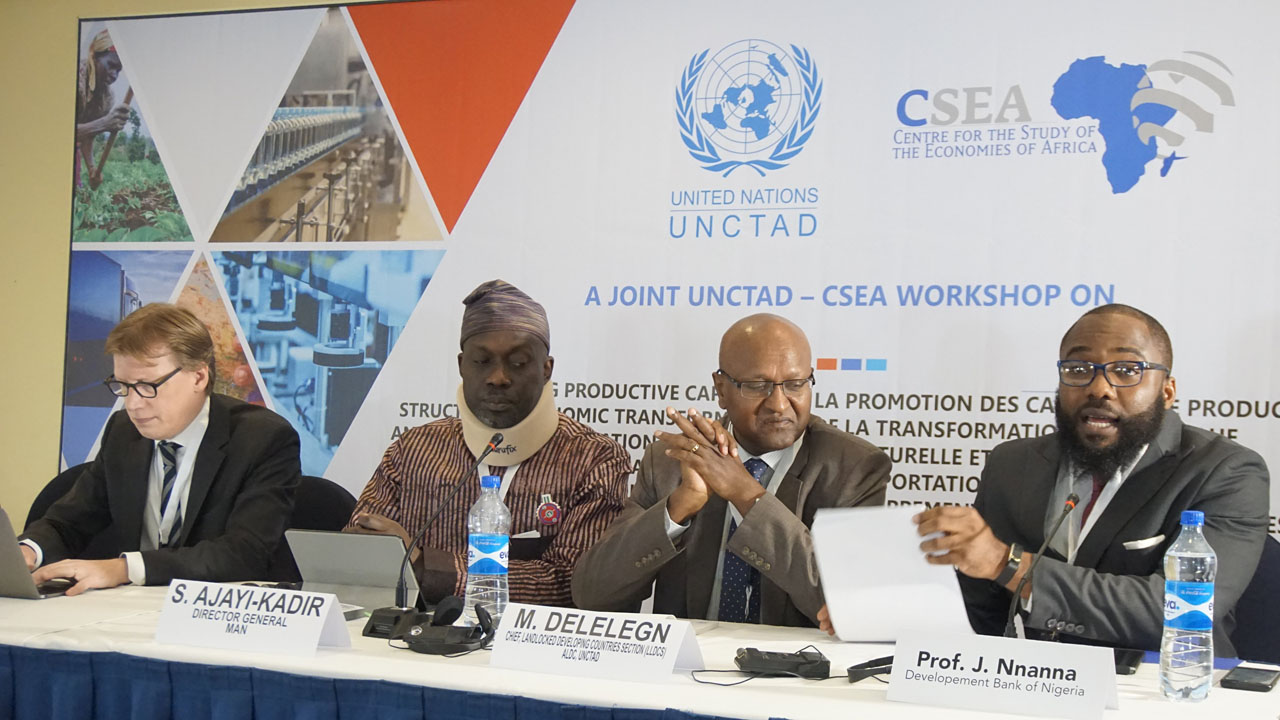
• ‘How 57.2 million jobs will be created between 2018, 2035’
Amid challenging political and economic landscape in Nigeria, stakeholders, yesterday, sought urgent measures to increase investment in infrastructure, close skills gap, and strengthen development of financial institutions and informal mediums.
The stakeholders gathered at an event in Abuja, organised by Brookings Africa Growth Initiative and Centre for the Study of the Economies of Africa (CSEA).
Participants included: Advisory Partner and Chief Economist, PwC Nigeria, Dr. Andrew Nevin; Prof. Emmanuel Nwosu of the University of Nigeria, Nsukka; Chief Research Economist, African Development Bank Nigeria, Dr. Anthony Simpasa; Monitoring and Evaluation Officer, Tony Elumelu Foundation, Oluwafemi Aro; Deputy Director of MacArthur Foundation, Nigeria, Dr. Amina Salihu and Chief Economist at the Development Bank of Nigeria, Prof. Joseph Nnanna.
The stakeholders noted that while recent economic actions of the current administration are in the right direction, more work is needed for desired results.
They said measures, including provision of affordable credit facilities and improvement in governance and regulatory frameworks, are germane to solving unemployment in Nigeria.
The experts also called for sustainable and consistent policy direction, saying unless policies of the current government are properly managed, floating of the naira and increase in energy prices would negatively impact the economy, especially small businesses.
This came as Brookings Africa Growth Initiative and CSEA, in a report on ‘Employment Creation Potential of Industries Without Smokestacks (IWOSS)’, said about 57.2 million jobs would be created in Nigeria between 2018 and 2035.
Insisting in the report that the ICT, financial and business services, formal trade, construction, and agro-processing sectors would continue to experience increase in share of employment and also have productivity above average sectors’ productivity level, they noted that Nigeria’s real Gross Domestic Product would grow at an average rate of 4.2 per cent, while employment grows by 4.7 per cent per between 2018 and 2035.






